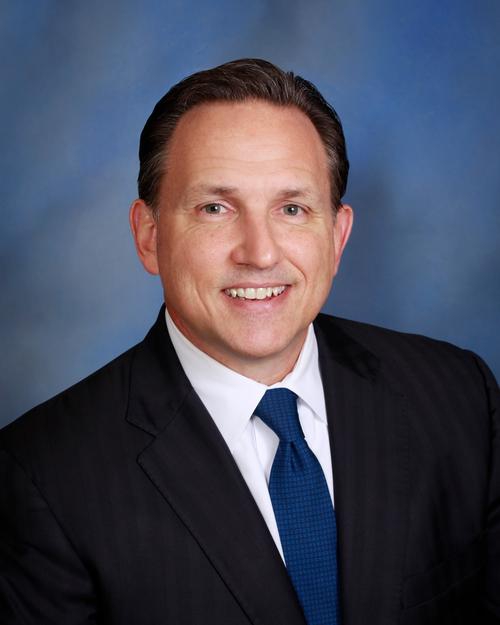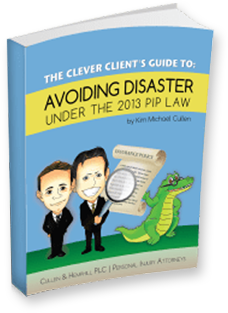As I am writing this blog post, the Washington, D.C. establishment is in full battle mode since Professor Christine Blasey Ford came forward accusing Supreme Court nominee Judge Brett Kavanaugh of sexually assaulting her when both were teenagers.
National media is reporting that Professor Ford has been receiving death threats, and that she has had to move her family into hiding to protect their safety. Numerous Republican Senators have questioned her veracity, as well has her motives for reporting the abuse. President Trump has even accused her outright of being a liar.
As I was thinking about Professor Ford’s situation, it made me think about our firm's clients and the stresses and tribulations that I know they go through when deciding whether to, and when, to come forward.
It occurred to me that most survivors of sexual abuse face innumerable really difficult, unappealing choices -- and very few good or easy ones -- when deciding what to do about reporting their abuse.
Internal Emotional and Psychological Damage
To begin with, virtually every victim of sexual abuse has been seriously traumatized, and is recovering from significant emotional and psychological injury. It takes many survivors years, if not decades, to heal to the point that they can even consider reporting their abuse. I think of these as internal barriers or obstacles. As serious as they are, they might be easiest to overcome.
These obstacles are often weighed against the desire of the victims to seek any kind of justice against the abuser or perpetrator. Most survivors desperately want the abuser to be exposed - usually so that others cannot be victimized -- but they also have in interest in seeing that the abuser faces some kind of consequence or punishment as a result of the abusive behavior.
External Attention Can Be More Painful Than The Original Abuse
Unfortunately, the response that comes from the outside world once sexual abuse has been reported can sometimes be worse than the victim's own internal turmoil. Many sexual abuse survivors are horribly embarrassed about what happened to them, and deathly afraid about how they will be viewed in their communities.
When community members learn that one of their own has been abused, many of them (too easily and reflexively) parrot an archaic attitude that sexual abuse victims “must have done something to bring it on”, or spout off that “I would have never let that happen to me.”
Similar to what Professor Ford is facing in the Kavanaugh Supreme Court matter, many victims of sexual abuse are immediately branded by the accused and their families or supporters as “liars”, or somehow not credible because otherwise “they would have come forward a long time ago.”
Watching my own clients face this kind of onslaught of insensitivity and emotional abuse (piled upon the already-existing emotional abuse), I cannot help but feel for them. I am also constantly impressed by their courage when they do decide to come forward. I am not that I could come forward if I had been abused.
None of my clients' claims has ever proven to be false or a lie. When you think about what victims of sexual abuse face when they come forward, and the risk to their psyches, what would motivate anyone to lie about something like this?
If you, or anyone you know, has a question about a potential Florida sexual abuse case, call Winter Park sexual abuse attorneys Kim Cullen and Robert Hemphill at 407-644-4444. All questions will be answered at no charge.



